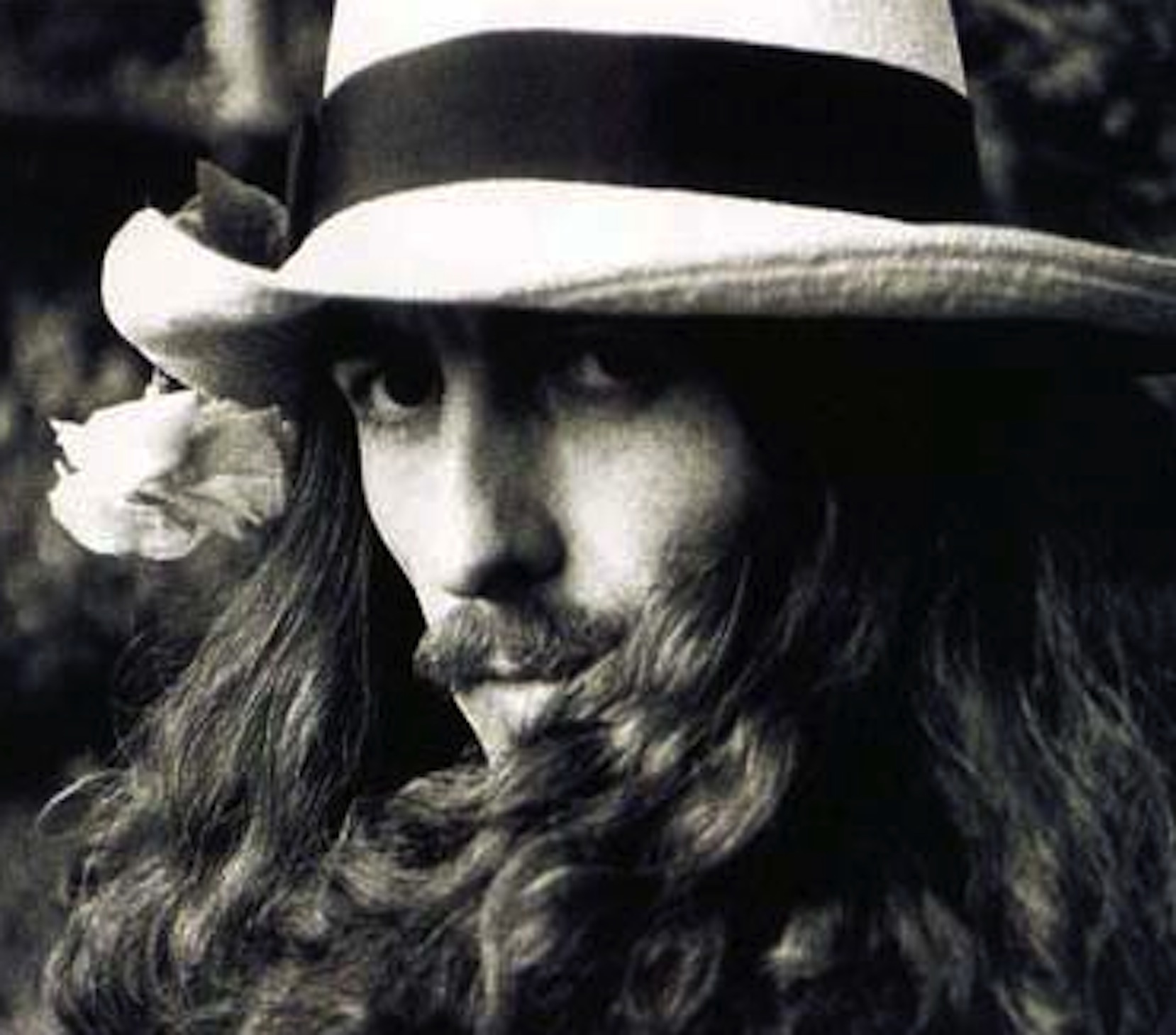John Carpenter: "Fallen" (2015)
 Tuesday, March 10, 2015
Tuesday, March 10, 2015 
So much contemporary electronica is now anxious to look to John Carpenter for inspiration that it was only a matter of time before he released a studio album of his own material. Sure enough, Lost Themes does just that - despite its title, it’s actually a collection of original tracks, rather than discarded or projected soundtracks. At least, that’s the official story, but to fans of Carpenter’s films these tones and textures may feel very familiar indeed, drawing not merely from his horror output but from his less canonical forays into other genres as well – “Domain” has moments that wouldn’t be out of place in Memoirs of an Invisible Man, while the cheesy power chords of “Obsidian” feel drawn from Carpenter’s Elvis biopic as much as the guitar-driven soundscapes of Vampires and Ghosts of Mars. What is perhaps less familiar to a Carpenter fan, or a fan of Carpenter soundtracks, is the epic scope and scale of these nine tracks. For the most part, Carpenter’s previous albums were skeletal and minimal in structure, usually considering of a long train of rather short tracks, many of which were simply a variation on a couple of arpeggiated synth riffs. Occasionally, on special editions (often repackaged CD versions) you got a bonus track, an orchestral suite, and while they were usually somewhat exceptional and uncharacteristic, they’re probably the closest in spirit to the majority of the tracks here, each of which has to encapsulate an entire film, rather than accompany a single or specific scene. As a result, each track exhibits quite a bewildering variety of tones and instrumentation, with even the shorter, three-to-four minute suites shifting direction in quite jarring and unexpected ways. At some level, that reflects the exuberance of a soundtrack artist suddenly finding himself liberated from the more functional demands of any one film, in a studio and milieu that’s progressed in leaps and bounds since he helped pioneer it in his heyday. At the same time, though, these sudden leaps in tone also keep his music functional, maintain it as a suspense-machine, since for all that you want to assume some contemplative or historical distance from his textures, they change so rapidly and viscerally that you still feel anxious despite the fact that they’re not attached to a film any more. In that sense, “Fallen” is perhaps one of the most compelling tracks on the album, insofar as it starts like a classic Carpenter refrain, almost a Carpenter pastiche, but changes direction into something altogether darker and more remote halfway through, as if to subtly parody the peculiar brand of Carpenter-laden ambience that has become so familiar in the last couple of years in electronica. In the wake of The Ward, speculation has grown as to whether Carpenter will make another film – but in a post-cinematic age where sound and image seem more and more interchangeable, Lost Themes is perhaps the closest we’ll get, with tracks like “Fallen” as multilayered as some of his greatest works, if in miniature.



